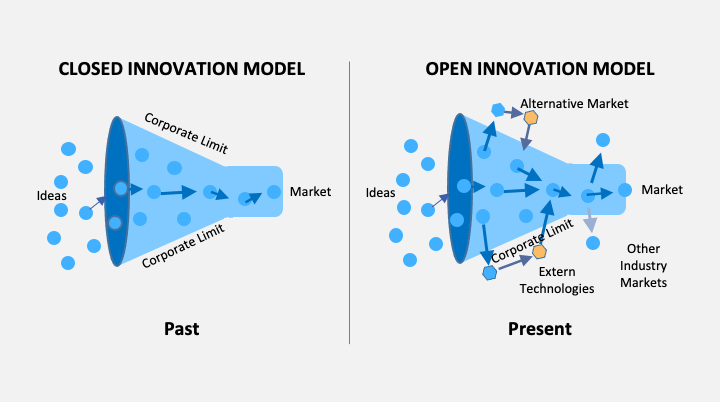There is no widely agreed definition of national innovation systems. National innovation systems are built on the assumption that understanding the interconnectedness of the actors engaged in innovation is crucial to enhancing technical performance. Innovation and technological advancement are the outcomes of a multifaceted network of connections between actors who produce, transmit, and consume various types of knowledge. The manners in which these actors interrelate with one another as components of a social system of knowledge consumption and generation, and also the technology they employ, have a significant influence on a country’s creative performance. The most prevalent actors are public research institutions, universities, and commercial enterprises, as well as the individuals who work for them.… Read the rest
Modern Management Concepts
What is Business Process Automation?
Business process automation (BPA) is the use of technology to automate repetitive and manual business processes. It is a way to streamline and optimize processes, reduce costs, and improve overall business efficiency. With BPA, companies can achieve significant savings in terms of time, money, and resources. In this article, we will explore the concept of business process automation, its benefits, and how it can be implemented.
What is Business Process Automation?Business process automation refers to the use of technology to automate repetitive, time-consuming, and manual tasks that are part of a business process. These tasks can include data entry, document processing, invoicing, payroll processing, and many others.… Read the rest
Concept of Flattening Organization Structures
Organizational structures refer to the way in which an organization is designed, including how tasks are divided, how authority is distributed, and how information flows. Traditional hierarchical structures have long been the norm in many organizations, but in recent years there has been a growing trend towards “flattening” organizational structures. Flattening refers to the process of reducing the number of hierarchical levels in an organization and distributing decision-making power more widely. In this article, we will explore the benefits and challenges of flattening organizational structures and provide some guidance on how to implement this approach effectively.
Benefits of Flattening Organizational Structures- Increased agility and responsiveness – Flattening an organization can make it more agile and better able to respond to changes in the marketplace.
What is Green Management?
Green management is an approach to organizational management that seeks to reduce the environmental impact of business operations while improving business efficiency and profitability. The focus of green management is on sustainability, and it involves making decisions and taking actions that are environmentally responsible, socially beneficial, and economically viable. This article will discuss the concept of green management, its importance, benefits, and challenges, as well as strategies for implementing green management practices in organizations.
The Concept of Green ManagementGreen management is a proactive approach to managing a business in a way that minimizes the environmental impact of its operations. It involves adopting strategies and practices that reduce waste, conserve energy and natural resources, and minimize pollution.… Read the rest
Introduction to Quantum Management
Quantum management is a new and innovative approach to management that is based on the principles of quantum physics. Unlike traditional management models, which rely on classical physics and linear thinking, quantum management recognizes the interconnectedness and interdependence of all things and embraces the complexity and unpredictability of the modern business environment. In this article, we will explore the key concepts of quantum management, and how they can be applied to create a more effective and efficient management approach.
The foundation of quantum management is the idea that everything in the universe is connected, and that the behavior of one system can affect the behavior of another.… Read the rest
Managing and Leading Change Effectively in Organizations
Organizations experience change due to factors that may be internal or external. While an organization can control internal factors, external factors are outside the control of an organization. However, change is inevitable in an organization and therefore all Organizations must put proper measures in place to ensure that change is embraced.
Organizational change is prompted by factors both internal and external to an organization. An example of an internal factor that may cause a change in an organization includes changes in management. This is especially the case when there is a need to replace the existing managers due to retirement transfer or promotion.… Read the rest




